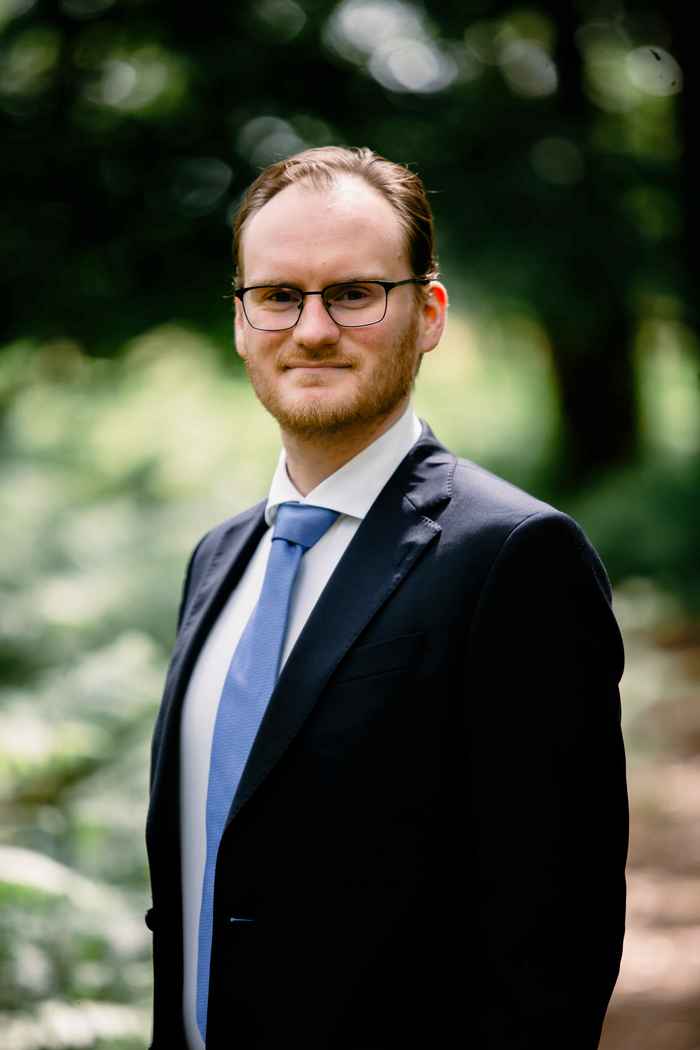AUF Starting Grant for research on the influence of intestinal viruses on cardiovascular disease
Bacteria that live in our intestines influence the development of cardiovascular diseases, such as obesity and diabetes. As such, they often play a role in digestion. However, our intestines also harbour viruses that infect these intestinal bacteria, disrupting their proper functioning. These viruses are known as bacteriophages, or simply phages.
With the AUF Starting Grant, Patrick de Jonge will track the evolution of bacteriophage populations after transferring them from the intestines of healthy donors to those of individuals with obesity.

Influencing intestinal bacteria
Patrick: ‘Intestinal bacteria have a positive effect on our health, for example, by breaking down dietary fibres into substances like butyric acid. Due to their impact on our health, we are increasingly researching medical treatments that influence populations of intestinal bacteria.’
As phages evolve rapidly, their effect on bacterial populations can change over time. Therefore, understanding how phages respond to medical treatments is crucial for successfully and safely altering gut bacterial populations.
Insights for future treatments
Patrick: ‘With my grant, I will monitor these populations for a month, analysing whether and how phage evolution influences the behaviour of the bacteria they infect. This will be the first study to examine phage evolution after a medical intervention, providing important insights for future treatments targeting the intestines.’
New call in 2024
The next call for the AUF Starting Grant will be launched in 2024, probably in spring. Interested young scientists can find additional information on this website (will be updated this spring). Contact address: rs-startstipendium@amsterdamumc.nl.